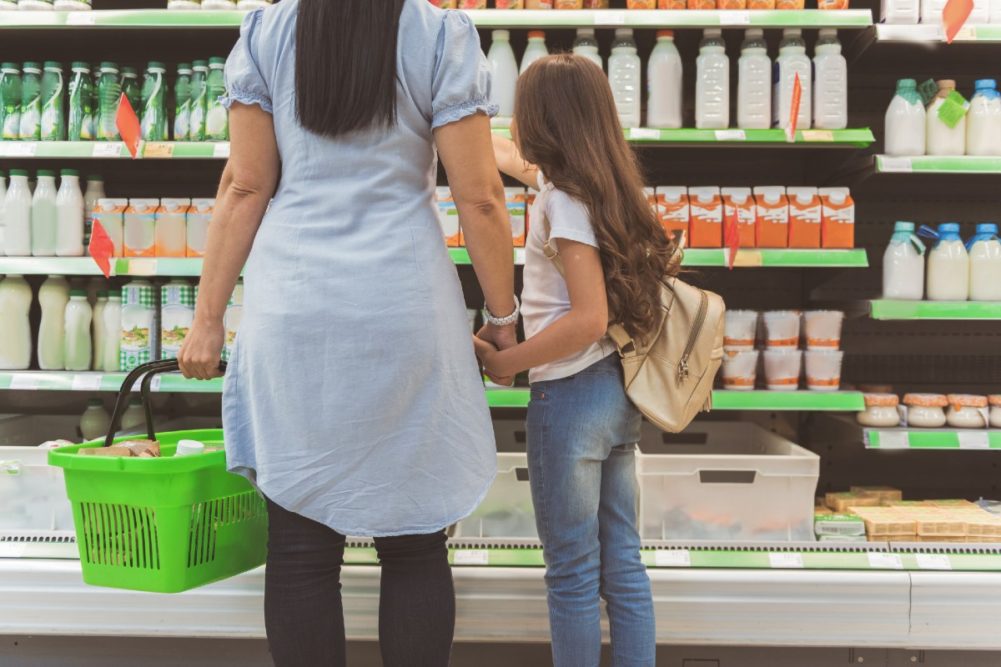CHICAGO — Consumers are taking more control of their dietary choices today, and as a result, are choosing to eat healthier than in recent years, according to new research by Mintel in its Food and Drink Nutrition Claims report.
In the report, nearly one in five people surveyed (19%) currently claim to eat healthy “all the time” compared to 2022 (16%), while fewer said they eat foods considered healthy just “some of the time,” down 7% from 2022.
“We know healthy eating is personal and has no formal definition, but we can track how people feel about health and eating over time, including what this means to them,” said Adriana Chychula, Mintel analyst for food, drink and nutrition. “Mintel data shows consumers define healthy eating as eating mostly fresh foods (slightly more than half) and balancing healthy choices and indulgence (nearly half). Other tactics, like choosing products low in nutrients like sugar, salt or fat (nearly two in five), and focusing on what you add – like vegetables (nearly two in five) resonate, too. In general, we are also seeing more consumers making homemade meals (nearly four in 10).”
CPG marketing, consumer education
According to Mintel, the shift toward healthier eating also is driven by individual consumers seeking products with functional claims like improving heart or mental health, lower sugar, or supporting digestion, for example, as a way to take more control over what they consume. Functional claims on items often reflect public health concerns, and as a result,
“CPG marketing can be a helpful shortcut in the shopping process, but more so to help cut through noise in the search,” Chychula said.
Mintel’s data showed 54% of consumers trust the claim information from brands, but just as many (54%) said claims are more of a “nice to have” than a “must have.” Expanding on that idea, 61% of respondents said ingredient lists are more important than food and drink nutrition claims, and 58% said nutrition panels are more important than claims.
About a third of consumers who said claims aren’t very important to them noted they sometimes learn more about a product after purchasing it. Mintel said this means even rushed, habitual grocery trips can lead to brand education among more passive label readers. For shoppers who value claims, 40% said “all-natural” was important to see when choosing food and drink items, up from 34% in 2022.
“We’ve been living through major global stressors and systemic changes, but we all still need to eat,” Chychula said. “At the same time, we have some known public health issues and health care strain. When everything is overwhelming, we turn to what we can control right in front of us, and food and drink choices are part of it. As far as the jump in all-natural claim interest, this is coming from the same place — wanting food to be food, free from unwanted extras. We’re disconnected from the food production process and just want some kind of proof of integrity.”

